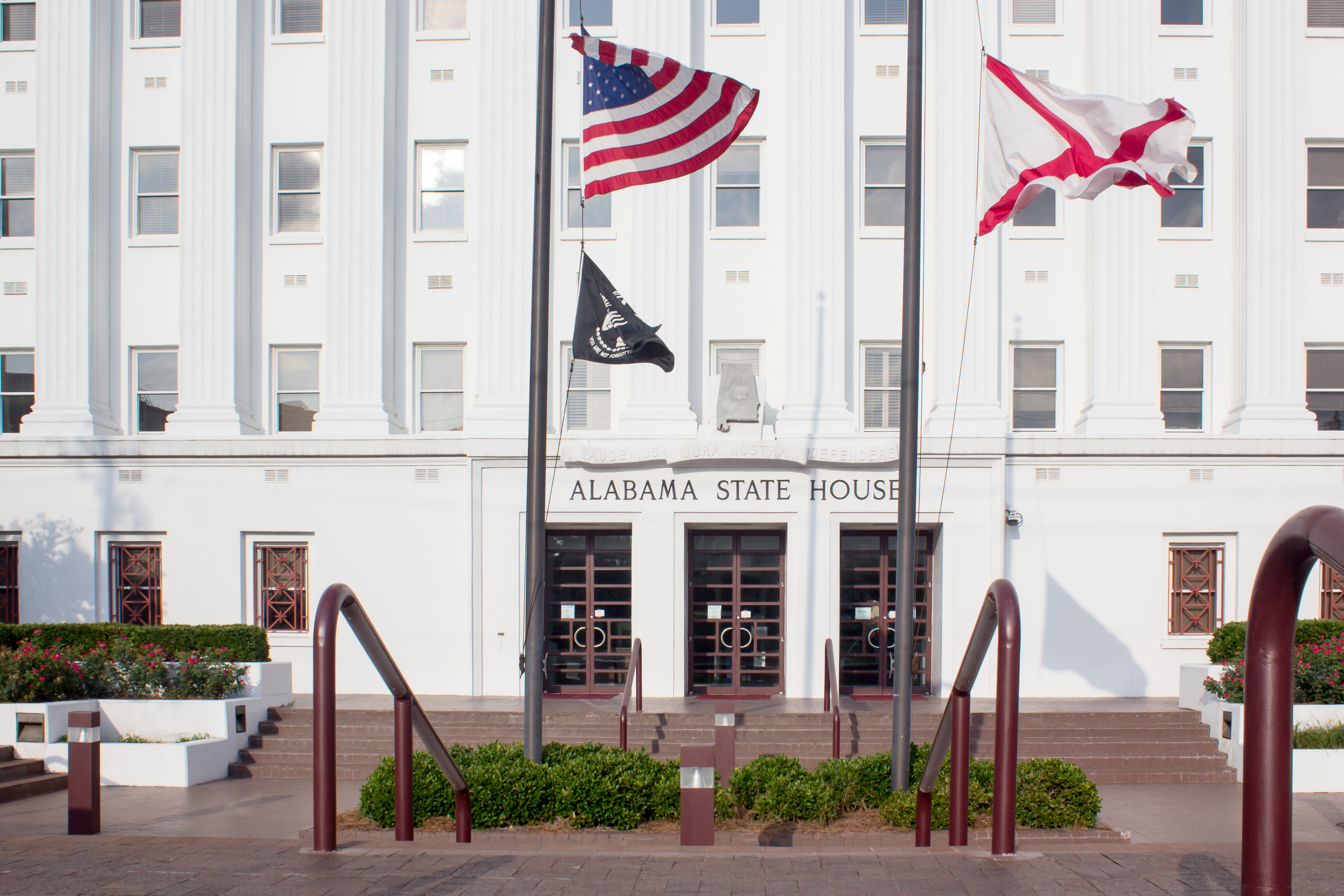|
Getting your Trinity Audio player ready...
|
A long time ago – 1990 to give an exact year – two colleagues and I wrote a series for The Birmingham News titled “What They Won’t Tell You About Your Taxes.”
I know, it’s not a very sexy title. But the title has an important point. Under then-Gov. Guy Hunt, a special legislative committee was looking at Alabama’s terrible tax system and trying to come up with ways to make it fairer. Alabama’s tax system, overall, is among the most regressive tax systems in the nation.
We not only looked at the problems with Alabama’s business taxes, sales taxes, property taxes, income taxes and other issues with the tax system, but we also offered solutions. We did the series because in their infinite stupidity, Hunt and lawmakers decided to wait until after that year’s elections to tell voters what was wrong with the tax system in our state. So, we told them ourselves.
The series won the 1991 Pulitzer Prize in Editorial Writing for Ron Casey, Harold Jackson, and me, a first for The News. But a journalism prize, even the most prestigious for writers and journalists, is little more than a beauty contest. Lots of entries (87 for our category in 1991), all of them good. Ours eventually rose to the top and we received the Pulitzer. It is a great honor, and I’m not trying to belittle it. It is, however, just an award, albeit the Big One.
The result of that tax series that won, however, was underwhelming. Other than a few adjustments in how much money a poor person had to earn before paying state income taxes, Alabama’s tax system today, 32 years later, is basically the same: Horrible and, arguably, getting worse.
So, the “suggestion” the Alabama Policy Institute made earlier this month, urging state lawmakers to look at Missouri’s “bold tax reforms” as a model, is typically incorrect. Of course, the Alabama Policy Institute is a far-right conservative organization mainly looking out for rich people and the MAGA crowd. I remember when the Policy Institute (at the time, the Alabama Family Alliance) led then by now-U.S. Rep. Gary Palmer, R-Birmingham, fought in the backrooms in the State House against a program that would have helped Alabama’s most vulnerable residents – children living in poverty who often are targets of abuse, by their caretakers and the state of Alabama.
That program for children eventually passed, but the money earmarked for it has been steadily stolen by lawmakers for other purposes.
The Alabama Policy Institute believes offering tax cuts or rebates is the way to go. Typically, such a move would be a big bonus to the state’s richest citizens and have a much lesser impact on the middle class and very little on the poor.
Instead, lawmakers need to remove the state and local sales taxes on necessary groceries. See, what the Alabama Policy Institute doesn’t tell you is that Missouri did take most of its sales taxes off food. And Missouri citizens voted to expand Medicaid under the Affordable Care Act.
Now that truly does help less fortunate residents. Sales taxes costs the middle class and working poor families much more than it does wealthy families. The income tax creeps up disproportionately for the working poor and middle class than it does the rich.
Why isn’t the API advocating for real tax reform? Because API is like so many far-right-wing organizations that care only for the rich and weird: They pick and choose the “tax reform” they want, and if it requires too much offset, then they don’t want that – it will cost their rich supporters.
How about blunting the tax burden on middle and lower-class families than offering a one-time rebate or tax cut across the board, especially when that board does so much more holding up the rich than it does the poor, who more often than not are told by the state to just walk the plank? Because real tax reform is hard, and it requires tradeoffs the rich aren’t going to support.
Let them eat cake. And potted meat, crappy TV dinners, stale bread.
If Alabama wants to help its marginalized citizens, expanding Medicaid would really help. If Alabama wants to help the working poor, erase the sales tax on food and over-the-counter medicines. But Alabama leaders don’t want to take those bold measures. It’ll piss off their rich friends, and we know who owns the governor and Alabama lawmakers: It’s not you or me.
Truth is, most of Alabama’s elected representatives don’t want to help the middle class and poor. You can tell that by simply looking at the policies that work against them: the tax system, underfunded agencies from mental health and child welfare to education and prisons. It’s always our intentionally marginalized population – African-Americans, immigrants, members of the LGBT community, and, yes, women – who suffer the bigotry of inequality.
API wants their friends to get a tax cut. The couple raising a couple children on little income and having to pay an unfair share of that sales and income taxes, well, they’re left behind. They’re always left behind.
They were being left behind in 1990 when we wrote that Pulitzer Prize-winning series on tax reform, and they’re being left behind today.
There is one simple reason for that, too: Most of our elected leaders just don’t give a damn.





















































